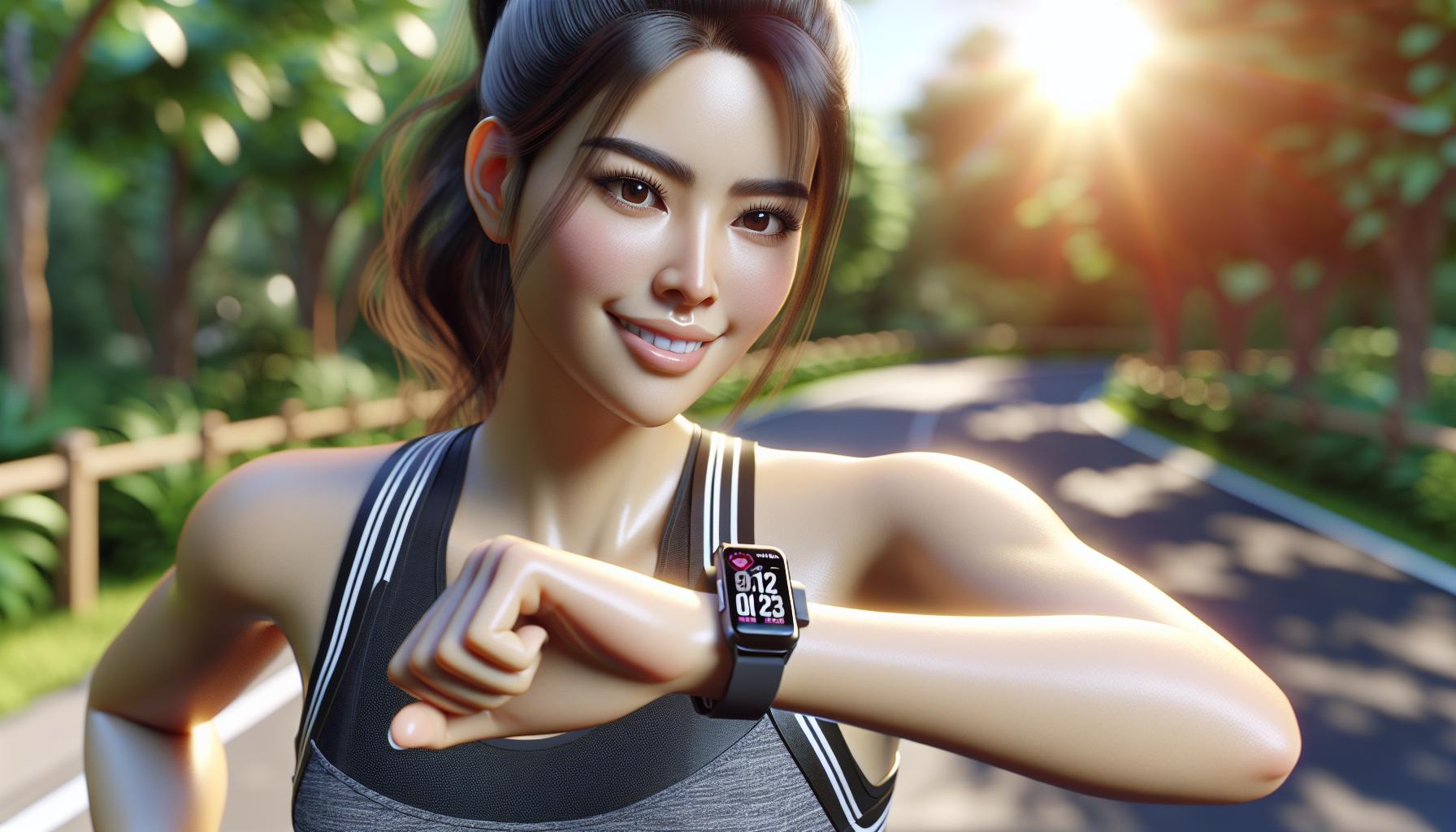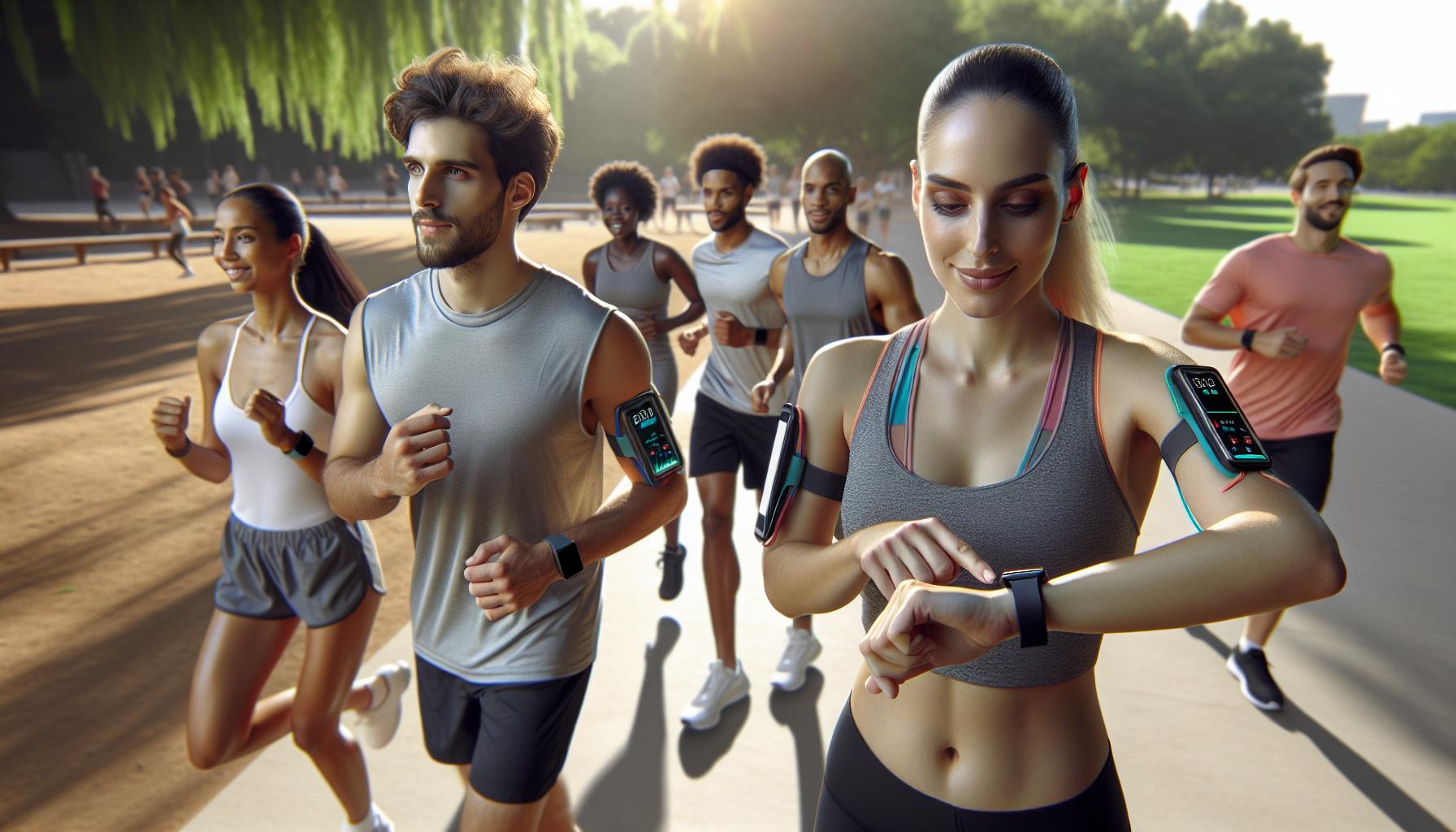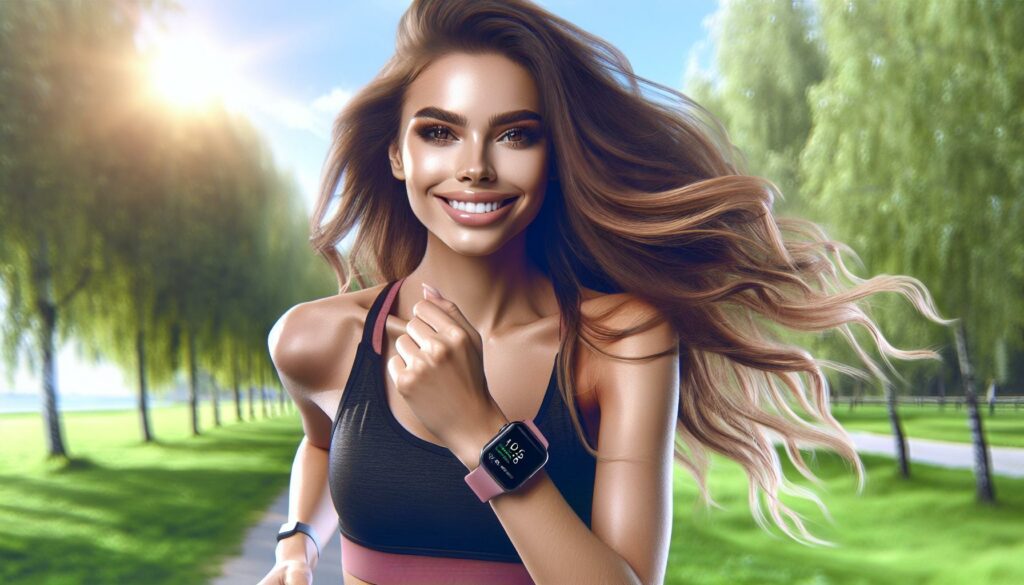In a world where even your coffee maker can send you a text, new wearable tech is taking convenience to a whole new level. Gone are the days when fitness trackers were just glorified pedometers. Today’s gadgets can monitor heart rates, track sleep patterns, and even remind you to hydrate—because let’s face it, we could all use a nudge to drink more water.
New Wearable Tech
New wearable tech has emerged as a game changer in personal health monitoring. Devices like smartwatches and fitness bands seamlessly integrate into daily routines, offering a range of functionalities beyond basic tracking. Enhanced sensors enable users to monitor metrics such as blood oxygen levels and ECG readings, providing valuable insights into overall health.
Smart glasses represent another frontier in wearable technology, equipping users with hands-free access to notifications, navigation, and augmented reality applications. These devices enhance productivity by allowing individuals to stay connected while keeping their hands free. For instance, some smart glasses offer voice control features, reducing the need for manual interaction.
Wearable tech also extends to smart clothing equipped with sensors. Such garments track biometric data, like heart rate and muscle activity, while providing real-time feedback on performance. Athletes, for example, can analyze their workouts and adjust routines accordingly, ensuring optimal training.
Sleep-tracking wearables have gained popularity as well. Specific devices monitor sleep patterns and provide detailed reports on rest quality. Insights from this data help users establish healthy sleep habits, leading to improved well-being.
As for health and fitness applications, new wearables often feature AI-driven algorithms. These algorithms customize fitness plans based on individual progress, goals, and preferences. With advancements in machine learning, the predictive capabilities of wearable tech have become increasingly sophisticated.
The evolution of wearable technology signifies a shift towards advanced health monitoring, personalized fitness experiences, and seamless integration into everyday life. The growing variety of devices continues to push the boundaries of what wearables can achieve, transforming the health and technology landscape.
Types of New Wearable Tech

New wearable tech encompasses a variety of innovative devices designed to enhance everyday life and health management. These advancements prioritize user experience and health tracking.
Smartwatches
Smartwatches integrate various functionalities into a compact design. Users can access notifications, monitor fitness goals, and track health metrics through these devices. Advanced models provide features like ECG readings, blood oxygen level monitoring, and sleep analysis. Various brands, such as Apple, Garmin, and Samsung, continue to expand their smartwatch capabilities, adding more health and fitness applications. Enhanced battery life ensures greater usability without frequent recharging interruptions.
Fitness Trackers
Fitness trackers focus primarily on physical activity and health monitoring. These devices typically measure steps taken, calories burned, and active minutes. Some trackers include heart rate monitors and sleep tracking features. Brands like Fitbit, Xiaomi, and Polar dominate this market with diverse options suited for different activity levels. A growing range of advanced wearables now offers personalized coaching and insights based on collected data, helping users achieve their fitness objectives effectively.
Smart Glasses
Smart glasses enhance the wearable tech experience by integrating augmented reality and smart functions. Users can receive notifications, access apps, and engage in hands-free communication with these devices. Prominent brands like Google and Facebook have introduced models focusing on productivity and entertainment. These glasses often come equipped with cameras, allowing users to capture photos and videos seamlessly. As technology advances, smart glasses are positioned to transform various industries, including healthcare and retail, through improved interactions and information accessibility.
Features of New Wearable Tech

New wearable tech introduces advanced functionalities that enhance health monitoring and provide seamless connectivity with smartphones and apps.
Health Monitoring
Health monitoring stands at the forefront of wearable technology. Devices now track metrics like heart rates, sleep patterns, blood oxygen levels, and electrocardiogram readings. Smartwatches and fitness bands empower individuals to proactively manage their health. Enhanced sensors deliver real-time data, enabling users to make informed decisions. Sleep-tracking wearables analyze sleep quality, providing insights that help establish healthier routines. Athletes benefit from smart clothing, which offers biometric data tracking and performance feedback during workouts. Numerous wearables employ AI-driven algorithms to personalize fitness plans based on individual progress and objectives.
Connectivity and Apps
Connectivity enhances the overall user experience of wearables. Smartwatches and fitness trackers sync effortlessly with smartphones, delivering notifications and reminders directly to the user’s wrist. This integration allows access to various apps for music control, messaging, and health updates. Users enjoy hands-free communication through smart glasses, which also provide augmented reality experiences. Fitness and health apps connected to wearables streamline data management and progress tracking. Compatibility with third-party applications expands functionality, ensuring users tailor their experience to personal preferences. Overall, the connectivity of new wearable tech enriches everyday life by integrating technology with health management.
Impact of New Wearable Tech

New wearable tech transforms personal health management and daily routines, making life more efficient and informed.
On Personal Health
Devices have revolutionized personal health monitoring. Smartwatches and fitness trackers efficiently track vital statistics like heart rates and sleep patterns. Monitoring blood oxygen levels and ECG readings is more accessible, empowering users to understand their health better. Wearables utilize AI-driven algorithms to create personalized fitness plans. Users gain insights into their well-being and activities, making informed decisions about their lifestyles. Efforts to encourage physical activity receive a boost from real-time feedback provided by smart clothing and sleep trackers. Overall, these technologies change how individuals approach health, promoting proactive management.
On Daily Life
New wearable tech enhances daily life through seamless connectivity and multitasking capabilities. Notifications from smartphones appear on smartwatches, ensuring users never miss important updates. Integrating augmented reality into smart glasses offers hands-free access to critical information, especially beneficial in work environments. Syncing devices with fitness apps allows individuals to monitor their progress effortlessly. Time management improves as wearables remind users of tasks and hydration needs. In summary, wearables integrate into routines, simplifying life while promoting wellness and productivity.

